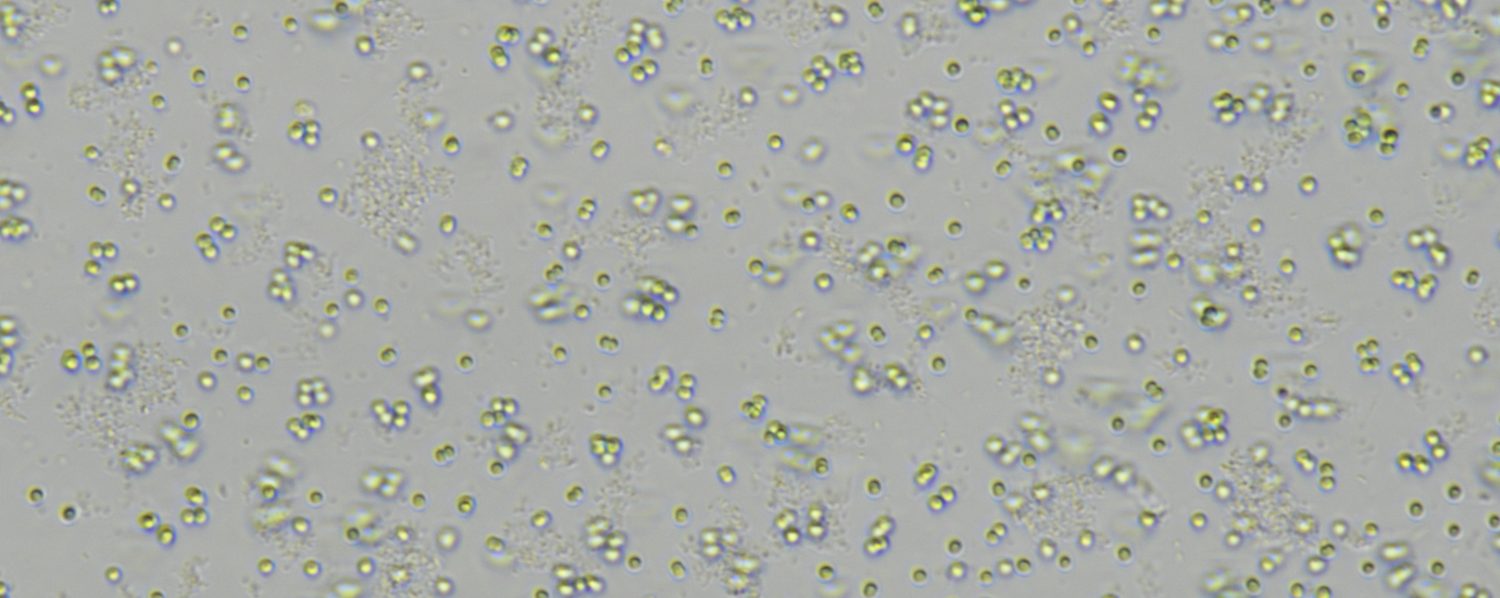Ryan William Paerl – Principal Investigator
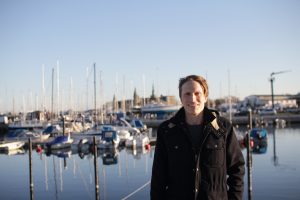
I am a native of eastern North Carolina (Beaufort, NC) and an aquatic microbiologist with strong interests in biogeochemistry as well as microbial ecology, physiology, metabolism, and diversity.
<><><><><><><><><><>
Current Lab Members:
Garrett Sharpe – Post-doctoral Researcher
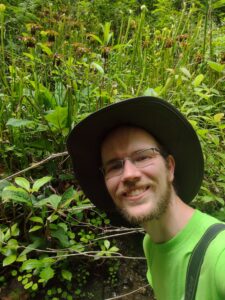
I am a recent Ecology Ph.D. graduate from the University of North Carolina in Chapel Hill with experience in traditional genetics, metagenomics, metatranscriptomics, and bioinformatics. My previous work includes describing antimicrobial production genes in the carbon and sulfur metabolism model organism Ruegeria pomeroyi, using quantitative metagenomics to describe new Synechococcus strains in the Northeast Pacific with a novel loss of nitrate assimilation, and using quantitative metagenomics and metatranscriptomics to observe in situ growth rates and metabolic behavior of a Northeast Atlantic microbial community in dissolved organic matter remineralization experiments. In the Paerl lab, I am currently using chemostats to observe how marine bacteria’s proteomes and transcriptomes respond under different B1 availability scenarios, and in the near future I will be returning to the Northeast Pacific to isolate and study the nitrate-assimilation loss Synechococcus strains and obtain metagenome samples to determine the spatial and temporal patterns of this nitrogen-utilization phenotype.
Nathaniel Curtis – PhD Graduate Student, Marine Science
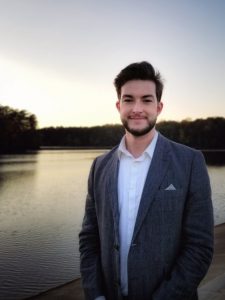
While all cells need thiamin (vitamin B1), many marine microorganisms are auxotrophs, meaning they do not make their own B1 and instead rely on the presence of the vitamin in the surrounding water. I use fluorescence, flow cytometry, and proteomic analysis to understand how auxotrophic picoplankton respond to concentrations of vitamin B1 and thiamin precursors found in marine environments. I also seek to understand how the exchange and modification of thiamin and its derivatives shape microbial communities in the ocean.
Hwa Huang – PhD Graduate Student, Marine Science

My interests in cyanobacteria began with my time as a research fellow at the US EPA mammalian toxicology lab, where I studied how exposure to freshwater algal toxin, namely microcystin, will have adverse effect on mice livers. Currently, while I continue to pursue my research interest in cyanobacteria and algal toxin, I am delving more deeply into finding out environmental stressors are likely to induce cyanobacteria to produce metabolites, not just toxins, but other compounds such as geosmin and MIB. To answer these questions, I will be performing metagenomic analyses, flow cytometry, and culturing of isolates that may be responsible for producing toxins as well as taste and odor compounds.
Kendall Godwin – PhD Graduate Student, Microbiology
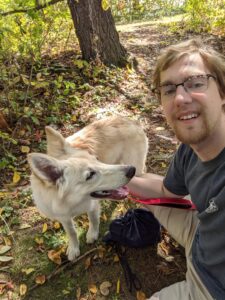
<><><><><><><><><><>
Current Undergraduate Students:
- Madison Geist
- Rachel Wood
- Meara Kane
- Gavin Carter
- Wil Mabe
<><><><><><><><><><>
Lab Alums:
- Graduate students:
- Joel Sanchez – PhD Marine Science
- Rebecca Venezia – MS Marine Science
- Sarah Watson – MS Microbiology
- Undergraduate researchers
- Jared Mathewson
- Jo Hines
- Valerie Dong
- Patrick Seebold
- Iliana Claudio
- Mackenzie Fiss
- Kemoni Hughes – NCCU
- Kaylee Ransdell
- David Polling
- Tess Kelly
- Maddy Arena
- Bella Russ
- Nathan Philipovich
- Sydney Kuczenski
- Andrew Miller
- Zofia Cavalli
